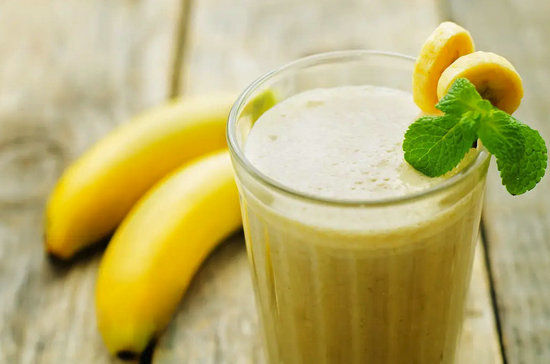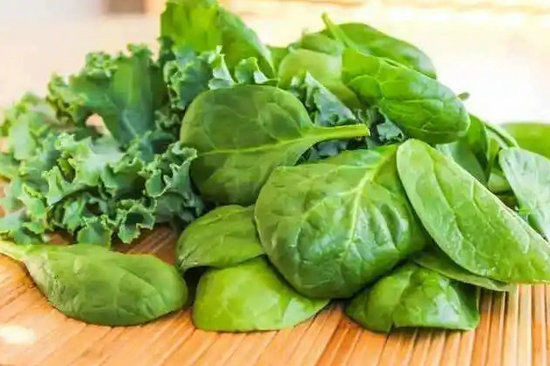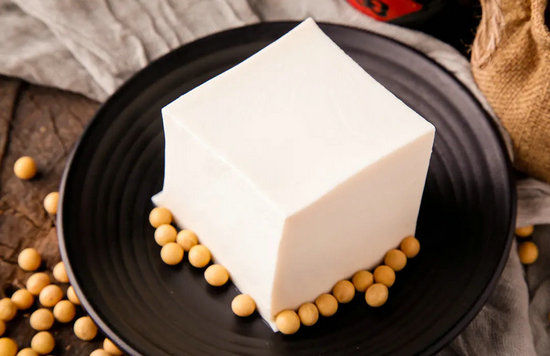Drinking milk regularly is good for health, and my country has been vigorously promoting the benefits of drinking milk. Many people do not like to drink pure milk and use milk for food, thinking that this method can also achieve the effect of calcium supplementation.
Some friends just don’t like the taste of milk, some people are allergic to dairy products and really can’t enjoy it, and some friends still have doubts about milk and don’t want to drink it. So how can these people get enough calcium?

For people who don’t like the taste of milk, milk and fruit can be made into milkshakes, such as strawberry milkshake, banana milkshake, mango milkshake, etc. The taste is mostly acceptable; milk or milk powder can also be used to make custard and Steamed bread; yogurt and cheese are also good choices.
Converted according to the protein ratio: 12.5 grams of milk powder is equivalent to 100 grams of milk.

For people with milk allergies, they cannot eat any dairy products and often worry about insufficient calcium intake. It is recommended to choose vegetables with high calcium content, such as rapeseed, cabbage, radish tassels, fennel, and coriander, while vegetables with high oxalic acid such as spinach, amaranth, spinach, celery, etc. can be blanched before eating. Eat 300~500 grams of vegetables every day, and 1 fist is about 100 grams when cooked.

Soy products are recommended to eat at least 50 grams of soybeans, such as 2 fists of northern tofu or 4 pieces of dried tofu or 1.5 fists of shredded tofu.
In addition, calcium supplements can also be appropriately supplemented. It is recommended to choose small doses, preferably 100-300 mg of calcium per tablet, which can be supplemented flexibly.
Data source according to scientific rumor platform